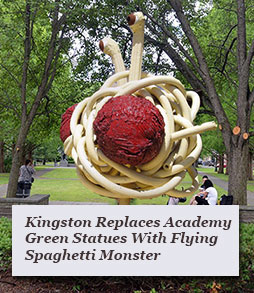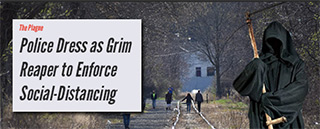
Phillip Pollizzi, 52, started his first pizzeria in Newburgh in 1978. Today, he owns eight restaurants in the Mid-Hudson Valley and Western Massachusetts. Like most restauranteurs, he says he’s had a difficult year, navigating restrictions on indoor dining and trying to keep both staff and patrons safe. With vaccinations on the rise and cases falling, Pollizzi says he’s ready to open up at full capacity.
The only trouble is, he can’t find the employees he needs to do it.
“I have 42 openings in my restaurants,” says Pollizzi. “Until I can fill them, I can’t open the way we were before the virus.”
Pollizzi says despite having plenty of openings with wages in the $8.50-12.50 wage, and area unemployment above 8 percent, he hasn’t seen much interest in his job listings.
“People don’t want to work,” he says. “They’re making more on unemployment or living with their parents so they don’t need as much.”
Local underemployed server Kelly Kimber confirms this.
“The pandemic has really made a lot of people reevaluate things,” she said. “Why the hell we were we working for peanuts before while investors and the professional-managerial class got rich? They contribute very little to society and are rewarded with a standard of living that allows them to buy homes, pay for childcare, and take soul-restoring vacations. We actually make things work and we get treated like shit.”
Rafael Brullo, behavioral economist at Bard College, says cash payments and enhanced unemployment during the pandemic set a precedent that will be difficult to reverse. “An underclass will pathologically believe it is unworthy of a stable, financially secure living as long as society conditions reinforce this,” he said. “But once they realize the structures are arbitrary and the state could easily reapportion wealth such that they don’t need to accept low-paying jobs that damage their bodies and crush their souls… well, as they say, it’s difficult to put the toothpaste back in the tube.”



